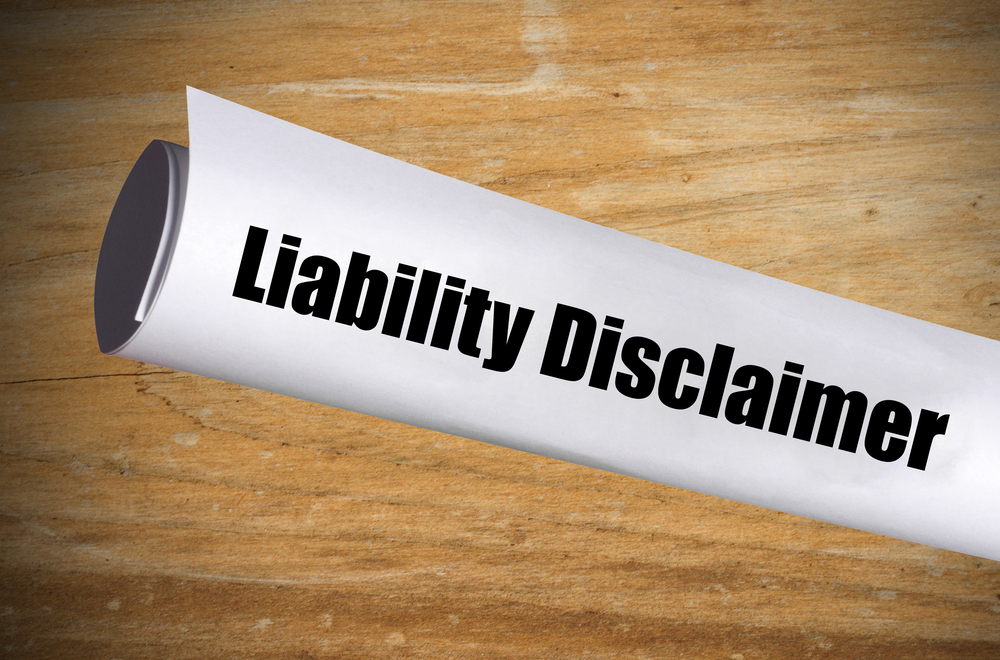Contractually Disclaiming a Fraud Claim (Possible, but not Easy to do)

Can a party contractually foreclose or disclaim liability to a fraud claim? The answer, shown below, is yes but this is rarely done and I have personally never seen it done.
In order to “make [a] contract incontestable because of fraud,” the parties must “stipulate that the [contract] may not be rescinded for fraud.” Oceanic Villas, Inc. v. Godson, 4 So. 2d 689, 691 (Fla. 1941). To do so, the contract must do more than merely agree “that no fraud had been committed” — i.e., disclaim the making of fraudulent statements upon which the other party has relied — but must rather “recognize[ ] that fraud may have been committed and stipulate[ ] that such fraud, if found to have been committed, should not vitiate the contract.” Id. In other words, while “an express waiver of the right to maintain a fraud claim is all that is required to avoid liability for fraud,” more than a mere disclaiming of the making of fraudulent representations or a reliance thereon is required to effectuate such a waiver; rather, the parties must agree that “even if a fraud ‘may have been committed,’ such a claim may not be asserted.” See Billington v. Ginn-La Pine Island, Ltd., 192 So. 3d 77, 84 (Fla. 5th DCA 2016) (quoting Oceanic Villas, 4 So. 2d at 691).
So, even when the parties have “stipulate[d] that no fraud has been committed and that neither party has relied upon the representations of the other party made prior to the execution of the contract,” that is not enough to foreclose liability for fraud. See Oceanic Villas, 4 So. 2d at 691.
NM Residential, LLC v. Prospect Park Development, LLC, 47 Fla.L.Weekly D724a (Fla. 2d DCA 2022).
NM Residential, LLC provides an example of an appellate court reversing a trial court’s dismissal with prejudice of a fraud claim when the contract was NOT sufficient in foreclosing or disclaiming the fraud.
In this case, the plaintiff entered a purchase-and-sale agreement to purchase an apartment project that included commercial space. The plaintiff hired a contractor during the due diligence period and a punchlist was generated. The punchlist was to be completed prior to closing. The defendant, through its agents, represented the punchlist had been fully completed and the closing occurred. However, post-closing, the punchlist was not completed and the same pre-closing defects existed. The plaintiff sued the defendant for fraud to either rescind the purchase-and-sale agreement or for monetary damages.
The purchase-and-sale agreement contained an as-is clause where the seller, the defendant, disclaimed “the making of any representations or warranties, express or implied, regarding the Property or its value or matters affecting the Property, including, without limitation, the physical condition of the Property,…and all other information pertaining to the Property.” NM Residential, LLC, supra. The agreement also maintained that the subject property was being sold as-is and the purchaser, the plaintiff, “assumes the risk that adverse physical, environmental, economic, or legal conditions may not have been revealed by its investigation.” Id.
Based on this language in the purchase-and-sale agreement, the trial court dismissed the plaintiff’s complaint with prejudice holding that the plaintiff waived its rights to pursue any fraudulent misrepresentation claim against the defendant.
However, the agreement contained “no language expressly absolving [the defendant] from any responsibility for such [fraudulent] statements or expressly releasing [the defendant] from liability for such statements by expressly stipulating that [the plaintiff] waives the right to bring a claim based upon such statements.” NM Residential, LLC, supra.
In reversing the dismissal of the plaintiff’s complaint with prejudice, the appellate court was not opining as to the merits of the fraud claim. Rather, the reversal was based on the purchase-and-sale agreement which was not sufficient to waive the plaintiff’s fraud claim against the defendant, which required the agreement to contain “an explicit waiver of liability for fraudulent representations that might have been made – an acknowledgement of the parties ‘that fraud may have been committed’ and a ‘stipulat[ion] that such fraud, if found to have been committed, should not vitiate the contract.’” NM Residential, LLC, supra.
Please contact David Adelstein at [email protected] or (954) 361-4720 if you have questions or would like more information regarding this article. You can follow David Adelstein on Twitter @DavidAdelstein1.




